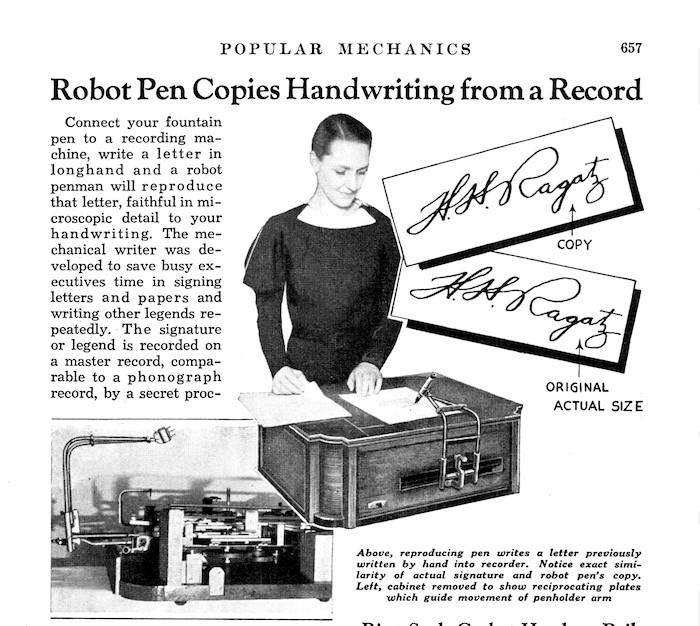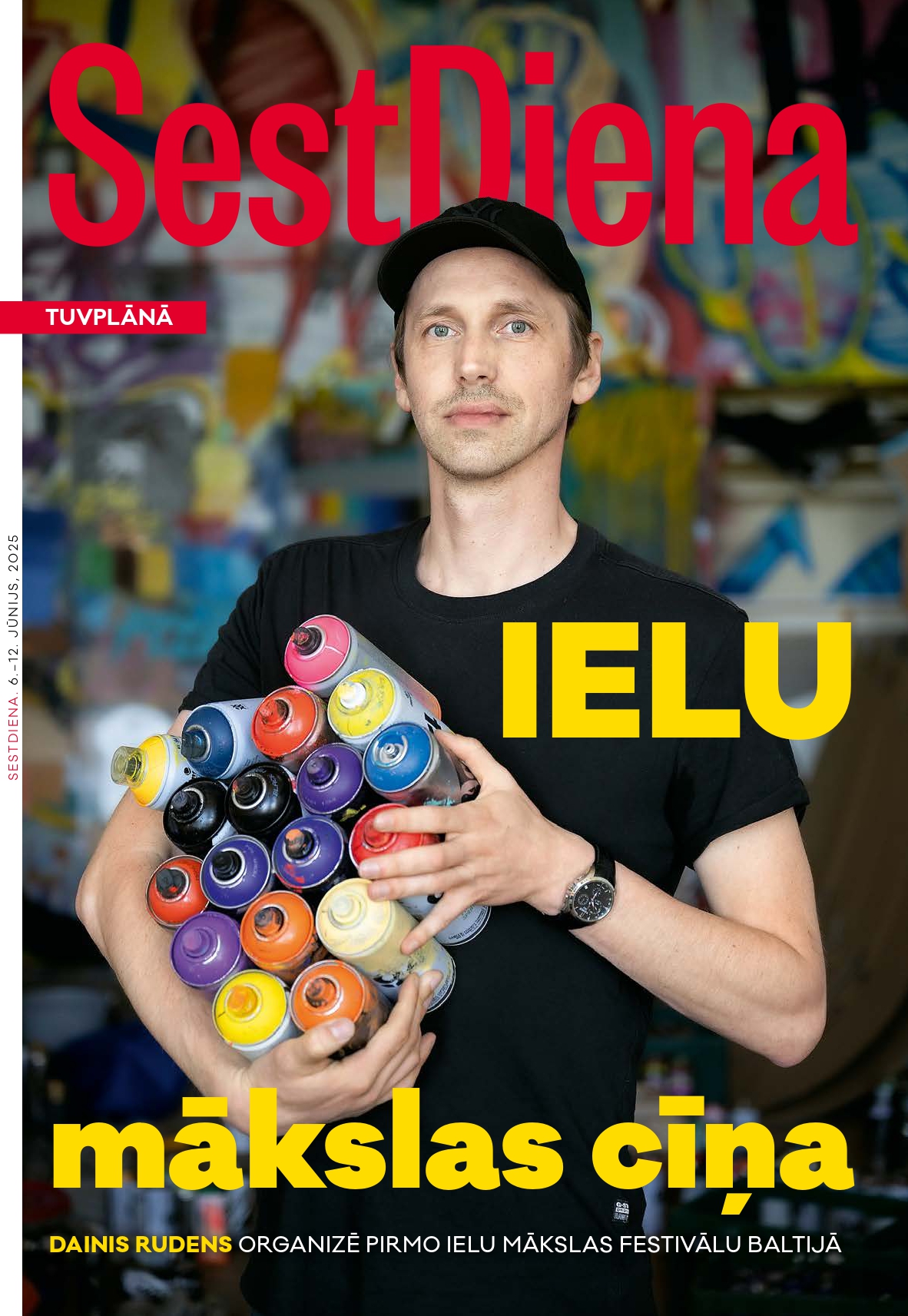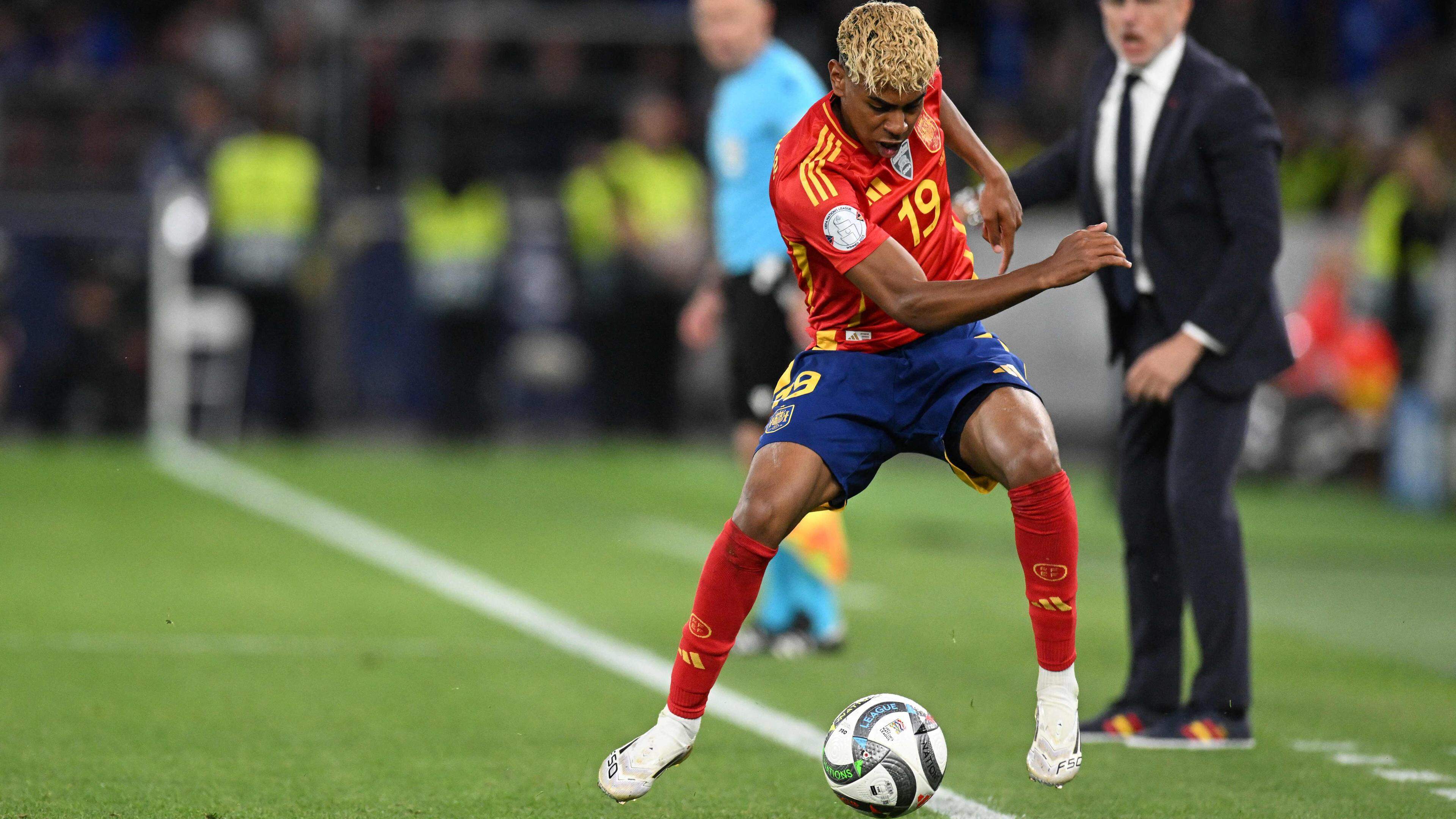Opinion | The interview with the peace activist was mainly a correction of his claims
/s3/static.nrc.nl/images/gn4/stripped/data88311411-7b1b2a.jpg|https://images.nrc.nl/ewKoS-W6QwX8Q9FTF-9XPxxkLJA=/1920x/filters:no_upscale()/s3/static.nrc.nl/images/gn4/stripped/data88311411-7b1b2a.jpg|https://images.nrc.nl/GlOhTMQ-XrObygyKs1_k_6xRKhI=/5760x/filters:no_upscale()/s3/static.nrc.nl/images/gn4/stripped/data88311411-7b1b2a.jpg)
Who the small text at it interview with peace activist Jakob de Jonge (‘We have been very imprisoned in our version of reality’April 11) Las, saw the contours of a cloud of displeasure: De Jonge, it said, « is of the opinion that his » good name is being affected « by the way in which NRC He characterizes: as « an ordinary Putin whisperer, » « what I absolutely are not. »
The interviewee described his dissatisfaction much more extensive On LinkedIn, in which he stated that the interview was actually an opinion piece in which the authors, Hugo Schiffers and Simone Peek, « display an extremely colored report of my views and use my words for their own agenda ». After the young access to a draft version, he had « withdrawn his permission for publication immediately »; Later he had also – without result – turned to the editorial team. Three days after the publication of the post on LinkedIn, he reported to the Ombudsman.
De Jonge is one of the founders of the new peace movement, a collaboration of around twenty organizations that believe that the public debate is being dominated by war rhetoric. The interview (not on behalf of the organization, but in a personal title) is primarily about his vision of the war in Ukraine. In addition, his actual claims are contradicted by the interviewers, who repeatedly conclude that what he says, overlaps with Russian propaganda. That gives the interview drawing of a twist conversation with non -views, but facts as a bet. The young confirms the quotes printed in the story, but he believes that the text does not offer a fair representation of the conversation and feels trapped. « I had not signed up for a fact check. »
How did the story come about? In March, foreign editor Schiffers – he had weekend shift – visited a meeting of peace activists in Amsterdam with the aim of making short portraits of some people present. He finally saw that because it noticed him that quite a few claims were made at the meeting about the war in Ukraine that appeared in question. Instead, he asked De Jonge in a short email for an interview about his peace work; In the second instance, he announced that his colleague Peek – who reports daily on the war, regularly from Ukraine himself. She would be able to weigh the statements of De Jonge during the conversation, better than Schiffers herself. After all, journalism is not a hatch.
De Jonge received the draft text a few days before publication, shocked the result, and wrote that he did not want it to be published. (The latter is something that an interviewee is not about.) Then he sent a large number of comments about the text. Schiffers and Peek wanted to use it to adjust passages, but De Jonge did not want that, despite an extra encouragement to make concrete change proposals. After all, his objection applied the whole story. According to him, that did not do justice to the conversation and, moreover, spent excessively much attention to three -year -old tweets about the massacre in Boetsja. Now they are indeed old, but in the conversation the young elements from those tweets defend-although he does not say that he wants to be known as a ‘boetsja doubter’.
Among other things, the correspondence that both parties showed me also shows a difference of opinion about what reliable sources are: for the young, media such as the BBC and The New York Times – who are highly regarded at NRC – not necessarily.
According to De Jonge, the discussion about facts and propaganda made only part of the four -hour conversation. That is of course true, but its transcription shows that the ‘fact check’ elements are coming back at different times; It is not that a separate chunks of dialogue is suddenly elevated to the main issue. I do understand his disappointment about the fact that what he wanted to get rid of – that whoever wants peace must have an eye for the « sense of security » of the enemy – plays a subordinate role in the article.
On the other hand, journalists themselves are about what they think is the main thing of a conversation, as they do not have to say in advance what they want to ask. In that respect – and also in offering the opportunity to respond to the concept – the authors have adopted the NRC code.
Important enough
However, there is still a question from another order, namely how much a reader eventually broke with this interview. Little, one of them stated in a letter submitted. Why give someone the honor of an interview to let him say things in it that prove to be true? Is he important enough for that? After all, De Jonge is not a minister or ruler, but (only) the foreman of a not yet very influential action group.
As far as Schiffers and Peek are concerned, the new peace movement is important enough: the organization previously figured (with varying critical approach) on Radio 1, in The Economist,, » de Volkskrant,, » Fidelityat the NOS and in News hour. I could also have imagined that the critical conversation with De Jonge was incorporated into a broader story in which the unmistakably loose interaction with the facts was one of the elements. According to Peek, such an approach had brought a little concrete story: « I think an interview is a good way to show what this way of thinking looks like in practice. »
Arjen Fortuin
Comments: [email protected]
You can only respond to this article with a subscription. If you already have a subscription, log in below.

:format(webp)/s3/static.nrc.nl/wp-content/uploads/2025/06/05163439/data133217982-f902a2.jpg)
/s3/static.nrc.nl/wp-content/uploads/2025/06/06205808/web-0606BINspermadonatie.jpg)
/s3/static.nrc.nl/images/gn4/data133317775-d0126f.jpg)



